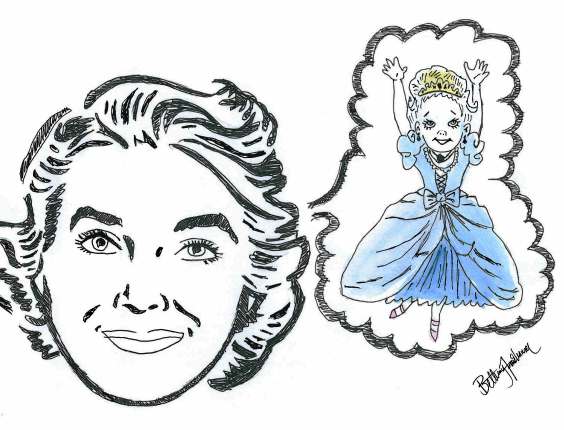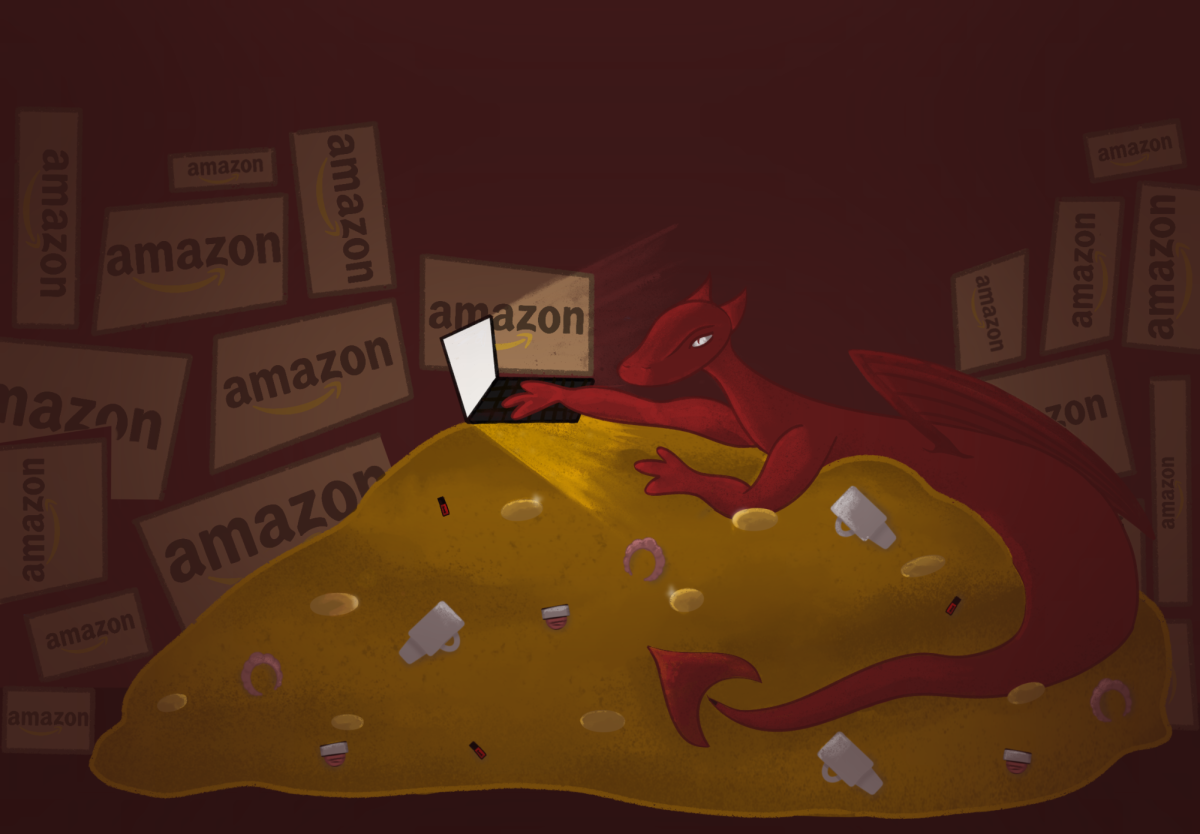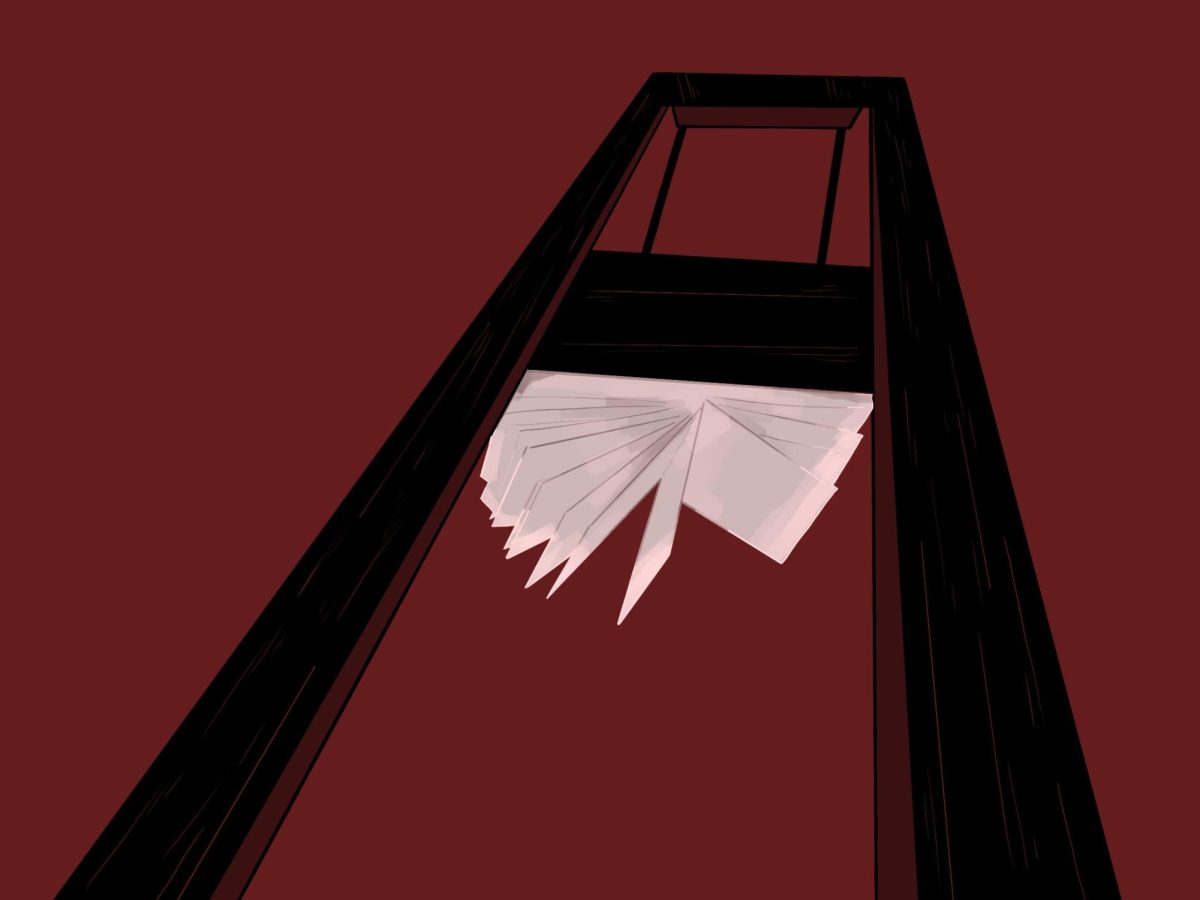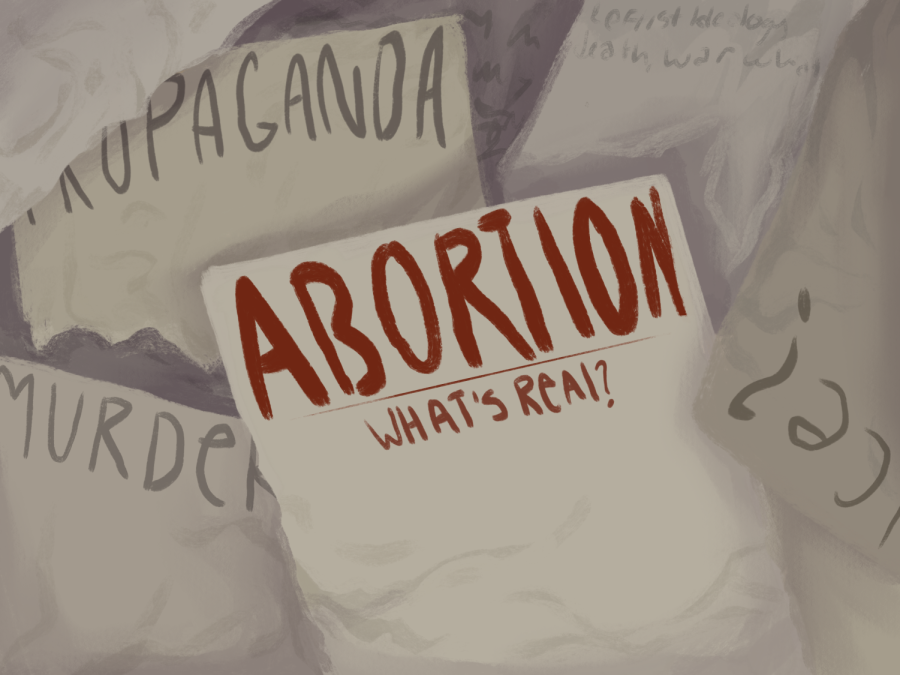
I’ll admit it – I can’t stand reality shows. But when it comes to watching slave-driver mothers attempt to live out their long-gone pageant days through their reluctant daughters (or sons, occasionally), I will leave the remote alone for at least a good thirty minutes. There’s just something about glamorized and televised bad parenting that makes it hard to look away.
With high viewer ratings for shows like “Toddlers and Tiaras” or “Dance Moms,” which recently premiered on Lifetime, there remains a question of ethics: Are these shows supporting the exploitation of young children?
The short answer: Yes – but that’s why people keep tuning in.
Everything about the pageant/competitive dance worlds are appalling. In between the drama, the crazed stage moms (or even worse, the stage dads), and the moral controversy surrounding the shows, viewers are being reassured that they are the normal ones – at least compared to the stage kids’ parental units.
Flawed as the shows may be, they provide undeniable entertainment, whether you condone or condemn them. But keep in mind that it’s not the little ones that people care so much about – it’s the mothers in all their former pageantry glory that are reeling in the ratings.
While the moms watch as their kids are being evaluated by judges, I think it’s the moms’ turn to be evaluated as well.
The first strike for the “Toddlers and Tiaras” mommies is that as competitive parents, they are encouraged to fight over whose child has the best set of DNA, or boast about who spent the most money trying to “improve” it. Besides giving the classic argument that all children are beautiful, I will add that most of these pageant kids are going to end up in therapy when they’re older – thanks to the childhood memories of straight-faced, middle-aged judges telling them that they look good, but not good enough for gold. “Oh well, there’s always next year!” Mom says. Sure, Mom. As long as she’s not in psychotherapy by that time.
As is typical of adult pageants, the young competitors are of course, expected to amp up their images through the use of spray tans, artificial teeth, and artificial hair, all initiated by their superficial mothers. While observing the end result, I’m always finding myself perplexed by the pounds of cosmetic products the toddler face is able to withstand. Even Marilyn Manson would be impressed.
Strike two: The extremes these moms are willing to go to for a plastic tiara is pretty sad. Perhaps they never won anything as kids, and don’t want their pageant kids to endure the same loss. Or perhaps they want the plastic tiara to match their child’s plastic, made-up face when it’s time to take new head shots.
Aside from slipping energy drinks into their kids’ beverages, and depriving them of both sleep and a childhood during competition season, the latest mommy-antic has gone beyond overboard. In an episode of “Toddlers and Tiaras” that was aired this season, one particular mom had the audacity to parade her child onstage, dressed as Julia Roberts’s role as a prostitute in the film “Pretty Woman.” Where’s her Parent of the Year award?
While I don’t have as much of a problem with “Dance Moms” as I do with “Toddlers and Tiaras,” (given that “Dance Moms” features legitimate talent in dance, while I disagree with the idea of pageants altogether) the two shows both share strike three: sad, sad behavior on the parents’ part. While in pageantry, the moms overwork their children during competition, a dance mom will tell hers to perform despite an injury. And then there’s the drama that occurs backstage, which includes (but is not limited to) berating the other parents and/or their children during competition.
In “Dance Moms” especially, a common issue is the use of colorful language in front of the young dancers that this writer feels is unfit to be repeated on a school-oriented website, or anywhere, for that matter. If you wouldn’t say it to someone’s face, why would you say it on camera? The problem is, most of the dance moms do both.
The truth? “Toddlers and Tiaras” is not so much about the little ones as it is about their employers – er, I mean, their moms. And as for “Dance Moms,” it has the word “moms” in it, so it’s not necessarily about the dancers either. So why the high ratings? Because scarce are the moms who can parent well or compose themselves maturely on national television. My evaluation score for these moms has officially gone into the negative scale.








